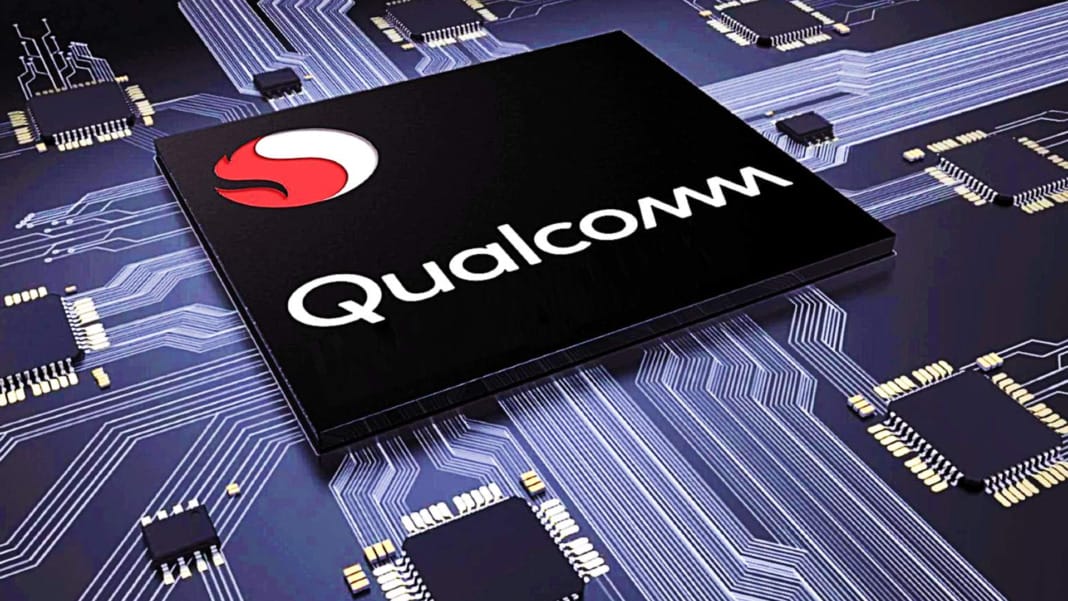Several Chinese semiconductor design companies are increasingly turning to Malaysian firms to assemble parts of their high-end chips. This move aims to mitigate potential risks should the US intensify sanctions on China’s chip industry. Sources reveal these companies specifically request the assembly of graphics processing units (GPUs) in Malaysia. However, the process only involves assembly, not wafer fabrication, ensuring compliance with US regulations. Some agreements have already been reached, although the names of the companies remain confidential.
Nvidia tailors chips for China market
Chinese firms face challenges in obtaining advanced packaging services as the US tightens controls on high-end GPUs, which are pivotal in artificial intelligence, supercomputing, and military applications. This packaging is crucial for enhancing chip performance and is gaining prominence in the semiconductor sector. While not yet restricted by US export controls, there is concern that this technology might eventually be targeted. Malaysia, a key player in the semiconductor supply chain, offers a strategic location for Chinese firms looking to diversify their assembly operations outside of China.
Malaysia: A favourable destination
Malaysian companies like Unisem, with significant Chinese ownership, have experienced a surge in business from Chinese clients. John Chia, Chairman of Unisem, highlights that trade sanctions and supply chain issues have led Chinese chip designers to seek alternative supply sources in Malaysia. The country’s amicable relations with China, cost-effectiveness, skilled workforce, and advanced technology make it an attractive option for these firms. Chia assures Unisem’s operations are legitimate and fully compliant with regulations, with most Malaysian customers being American companies.
Global impact and expansion plans
Malaysia currently holds 13% of the global market share in semiconductor packaging, testing, and assembly, with ambitions to increase this to 15% by 2030. Chinese firms like Xfusion and StarFive are expanding their presence in Malaysia with significant investments in GPU server manufacturing and design centres. The country has also attracted major investments from global players like Germany’s Infineon and US-based Intel. Beyond Malaysia, other nations like Vietnam and India are also vying to expand their chip manufacturing services, appealing to companies looking to mitigate geopolitical risks between the US and China.





